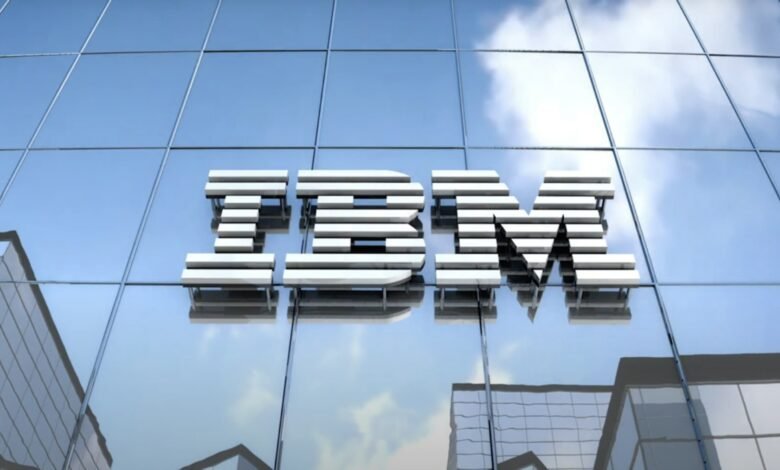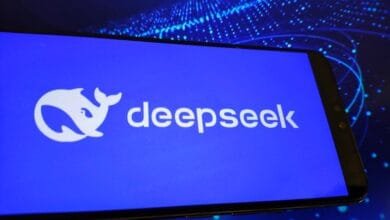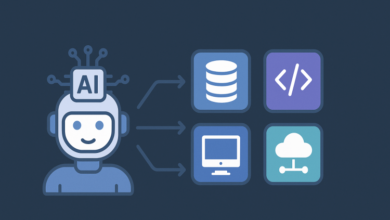IBM Cuts 8,000 Jobs as AI Replaces Workers, Sparks Global Debate

▼ Summary
– IBM has cut approximately 8,000 HR jobs, replacing repetitive tasks like payroll and documentation with AI systems such as AskHR.
– The AskHR platform now handles 94% of routine HR tasks, saving IBM billions and optimizing over 70 business lines.
– IBM’s CEO, Arvind Krishna, claims AI is not replacing human capital but redefining roles, shifting focus to strategic, creative, and human-centric tasks.
– IBM envisions a hybrid future where AI manages administrative work while employees focus on analysis, judgment, and human-sensitive projects.
– The job cuts have sparked debate about AI’s broader impact on employment, raising concerns about automation’s threat to human labor and societal stability.
The rise of artificial intelligence in the workplace has reached a pivotal moment with IBM’s recent workforce restructuring. The tech giant eliminated around 8,000 positions in its human resources department, signaling a dramatic shift toward automation for routine administrative tasks. This move highlights both the potential and the challenges of AI integration in modern business operations.
IBM’s AskHR platform now handles an estimated 94% of repetitive HR functions—processing vacation requests, managing payroll, and handling documentation with machine efficiency. While this transition saves the company billions in operational costs, it also raises pressing questions about the future of human employment in an increasingly automated world.
Interestingly, IBM insists this isn’t purely a workforce reduction. The company continues hiring in areas requiring creative problem-solving, strategic planning, and human-centric skills—fields where AI still falls short. CEO Arvind Krishna emphasizes that AI serves as a tool to augment human potential rather than replace it entirely. By automating mundane tasks, employees can focus on higher-value projects that demand emotional intelligence and critical thinking.
Yet, the reality remains stark: thousands of jobs have disappeared, leaving many to wonder whether AI-driven efficiency comes at too high a social cost. The debate extends beyond IBM, sparking global discussions about how industries should balance technological advancement with workforce stability.
Some experts argue that automation will inevitably reshape the job market, displacing roles that rely on repetitive tasks while creating new opportunities in AI oversight, ethics, and innovation. Others fear a widening gap where only highly specialized workers remain secure.
For now, IBM’s approach reflects a hybrid model—leveraging AI for administrative efficiency while retaining human talent for complex decision-making. Whether this strategy succeeds in maintaining equilibrium remains to be seen. What’s certain is that businesses worldwide are watching closely, preparing for their own inevitable encounters with AI-driven transformation.
The broader question lingers: Can society adapt quickly enough to ensure that technological progress doesn’t leave entire professions—and the people who depend on them—behind? The answer may define the next era of work.
(Source: UNION RAYO)


